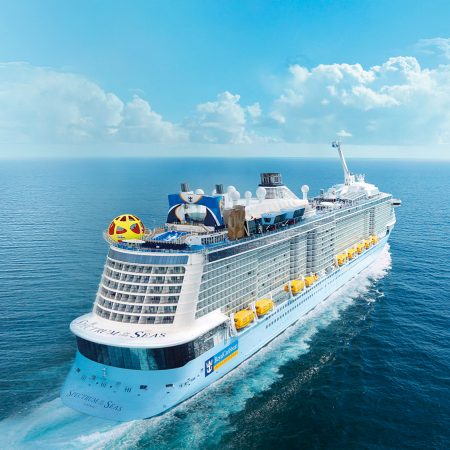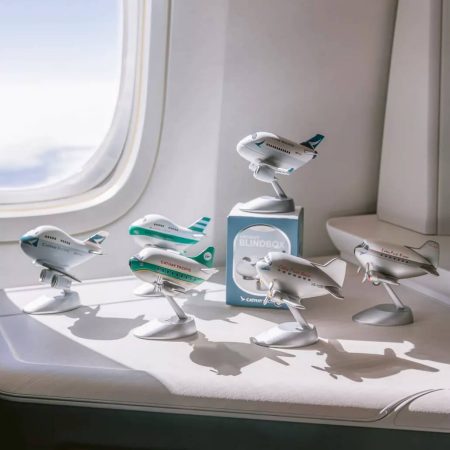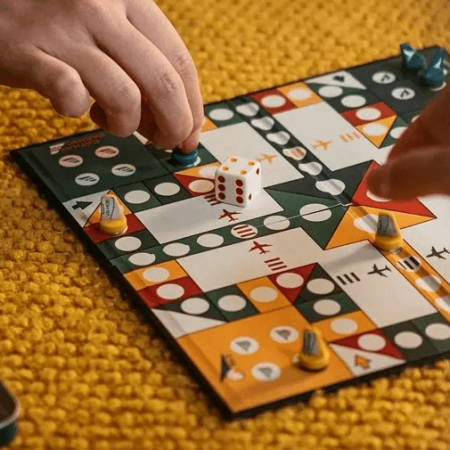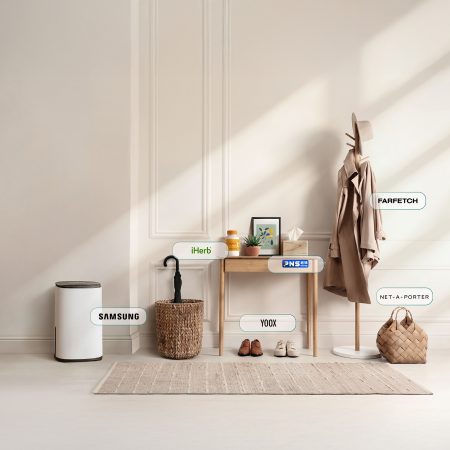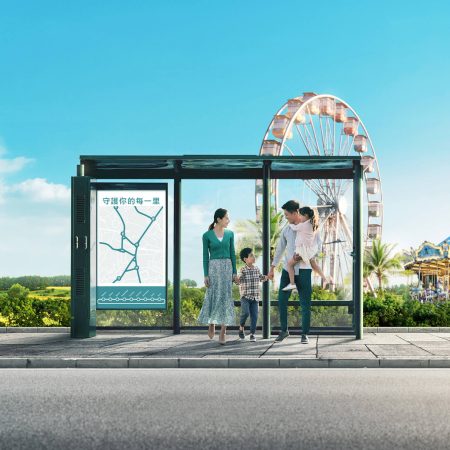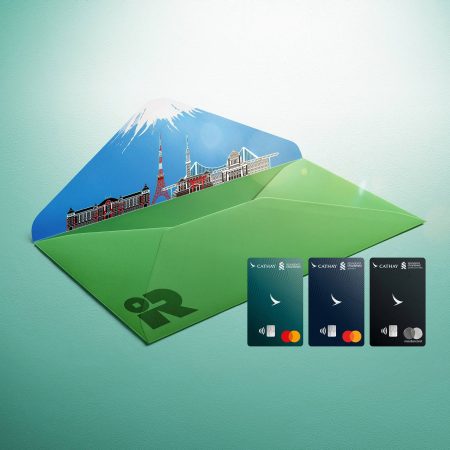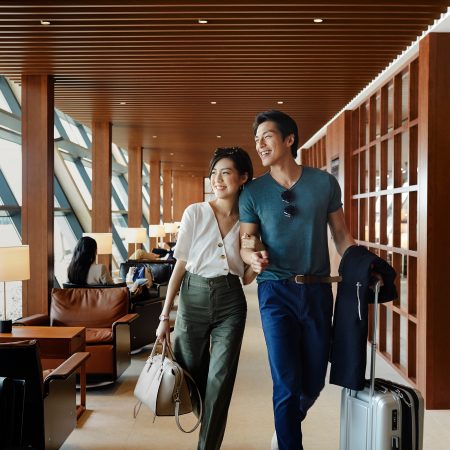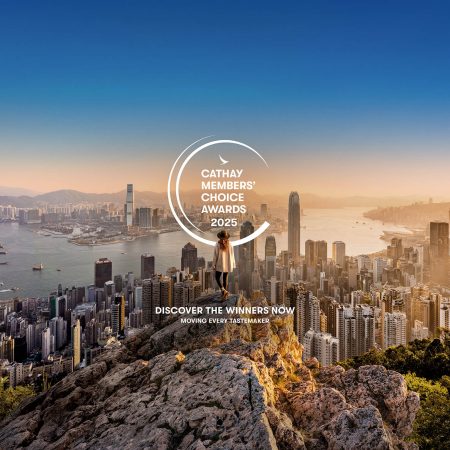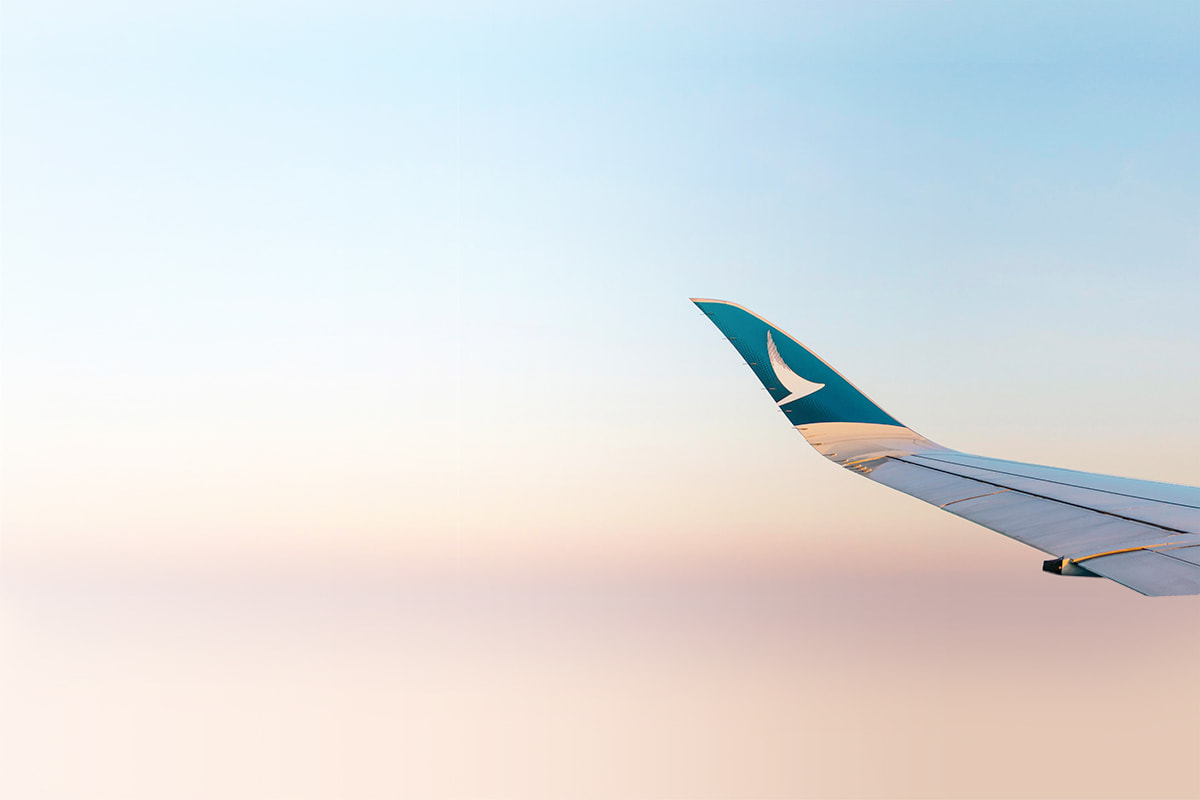Virtual tour: 9 Tel Aviv locals reveal their city
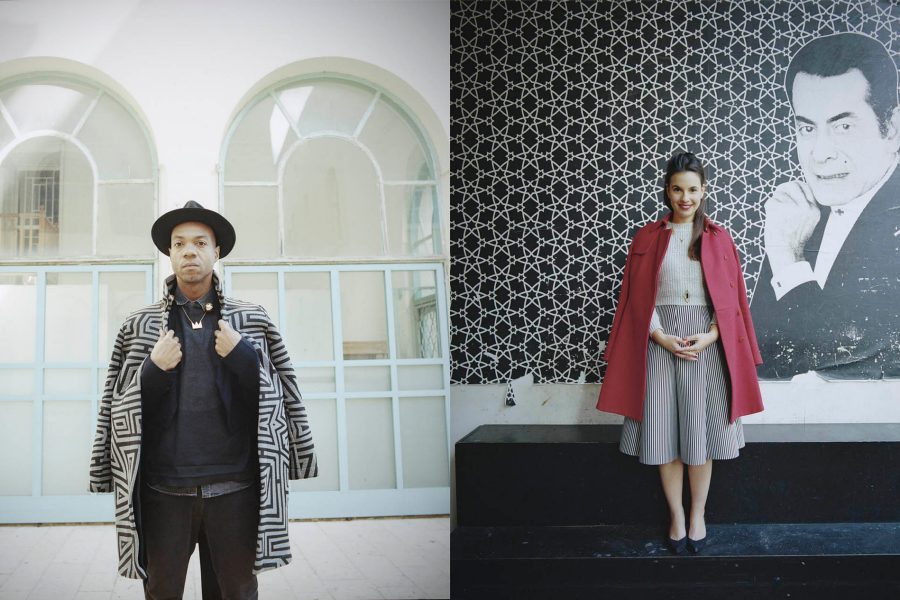
This airline chose a symbolic time – spring – to launch its first direct route to Israel’s most dynamic and forward-thinking city.
In Hebrew, ‘Aviv’ means spring or rebirth. In a region where ancient history is never far from everyone’s thoughts, Tel Aviv was conceived as a new start, a 20th century counterpoint to the Old Testament city of Jaffa.
Tel Aviv was founded in 1909. The state of Israel would not be born for almost 40 years. But already European Jews flocked to this new city bringing the latest ideas about urban planning and architecture – from Britain’s garden cities and from Germany, where the Bauhaus movement was challenging age-old ideas of design and architecture. Tel Aviv’s ‘White City’ has the highest concentration of Bauhaus buildings in the world – a fact recognised by its Unesco World Heritage Site status.
From the beginning, Tel Aviv attracted creators and innovators. It had European amenities, a ready-made cultural scene and, as one early inhabitant put it, ‘busy streets, full restaurants, cafés open until 2am, singing, music and dancing’.
Over a century later, Tel Aviv is still reinventing itself: as a tourism hub, diamond exchange, LGBT community and 21st century Silicon Wadi.
One thing has stayed the same: its welcoming attitude. This most open-minded of cities is very much open for business and tourism. Now, in spring 2017, nine Tel Avivi welcome you to their favourite spots in this spring city – with open arms.
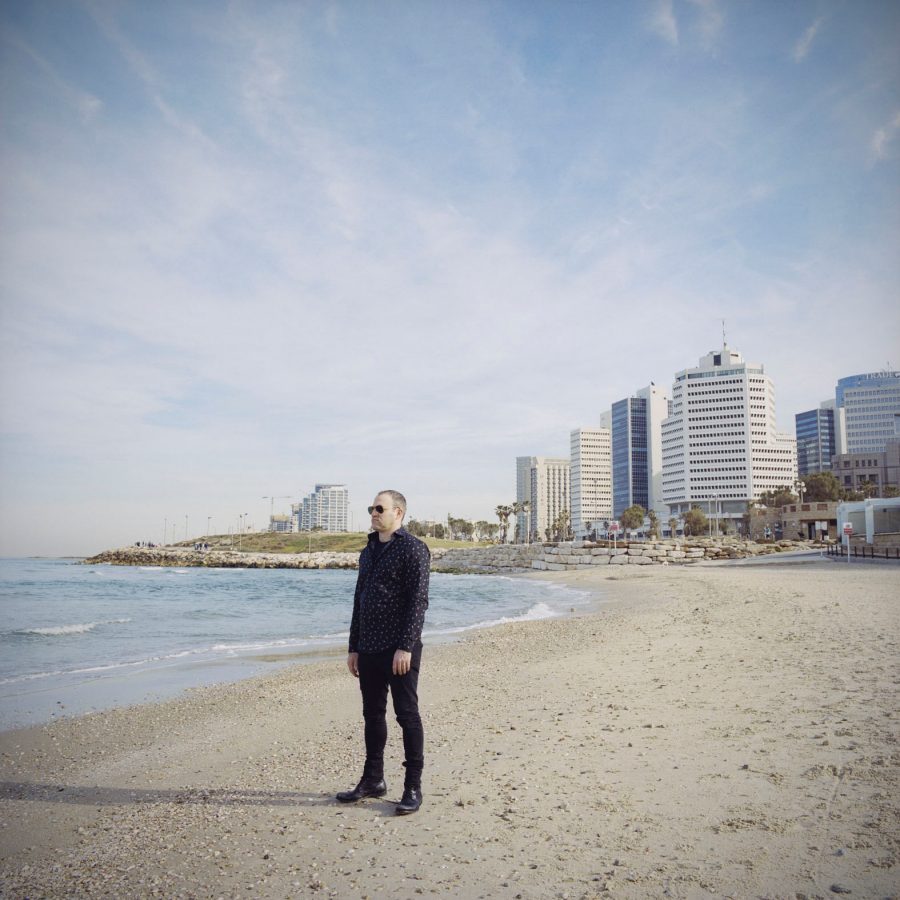
Credit: Michal Chelbin
Irad Rubinstein, theatre director
Irad is currently directing In the Tunnel for Tel Aviv’s Gesher Theatre. This spring, the 36-year-old will direct an adaptation of George Orwell’s Nineteen Eighty-Four for Habima, Israel’s national theatre.
Find Irad at: The beach
Tel Aviv’s beaches are some of the best in the world – and often they’re in the midst of the city, like Charles Clore Beach.
My favourite is Tel Baruch: one of the northernmost beaches in Tel Aviv, but the beautiful, calm spot is well worth the journey. It has the clearest water and it’s never crowded. It’s where I go to think.
Whenever I feel stuck, I go for a long run from my neighbourhood in Florentin, southern Tel Aviv, all the way to Tel Baruch. It’s about 7.5 kilometres along the seafront, past the port, the old power station – and lots of other runners.
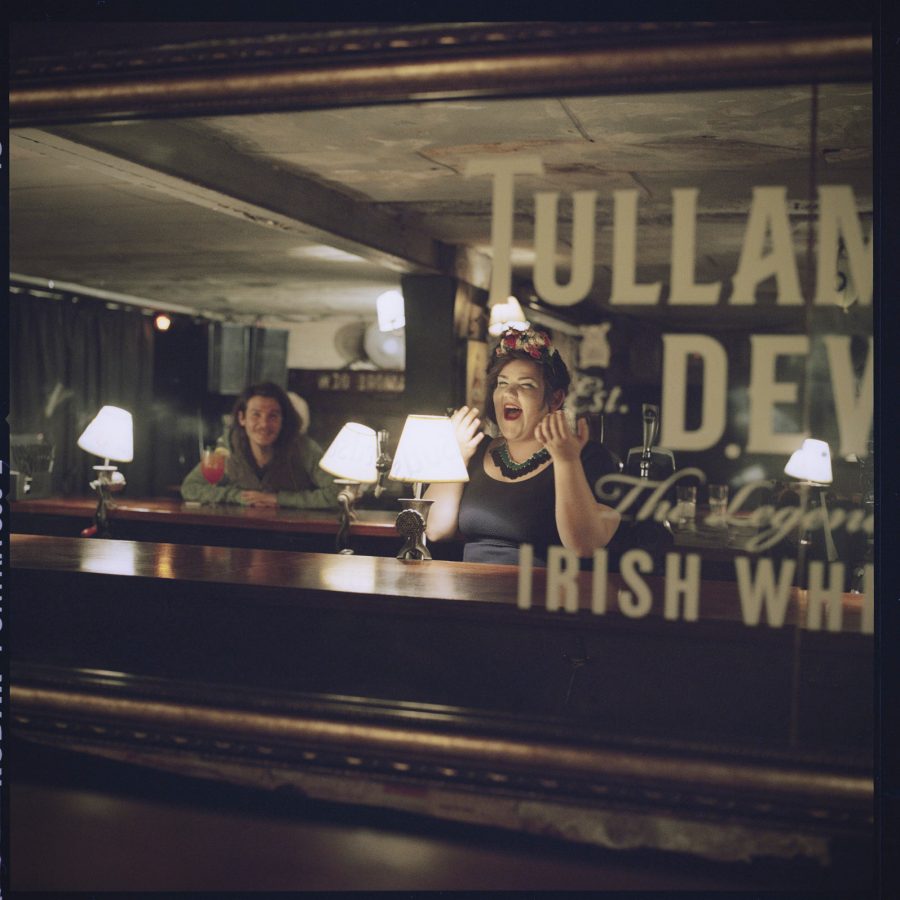
Credit: Michal Chelbin
Netta Barzilai, musician
Netta, 23, is a musician, actress and singer. She recently performed in Running, a musical staged at the Tel Aviv Museum of Art. She regularly performs across the city with her band, The Experiment.
Find Netta at: Bar Giyora, 4 Bar Giyora Street
I perform all over Israel with my band but nothing beats playing Bar Giyora. Every night emerging Israeli artists perform at this tiny bar underneath a bistro. Some hit the big time, some don’t. It doesn’t matter. Here, they experiment, improvise and take inspiration from the crowd.
The owner, Nadi, has created a laidback, authentic atmosphere. If you want to perform at an open-mic night, you don’t need to book a slot – just grab him on a Monday night and he’ll put you together with other musicians. That’s how I met my band.
The bar’s location just off Dizengoff Street is ideal. The street is full of bars and you can almost feel the ground vibrating with energy. It’s the warmth of the Israeli people – we can be direct, but we love to socialise, too. Anyone who walks into Bar Giyora is welcomed as a friend.
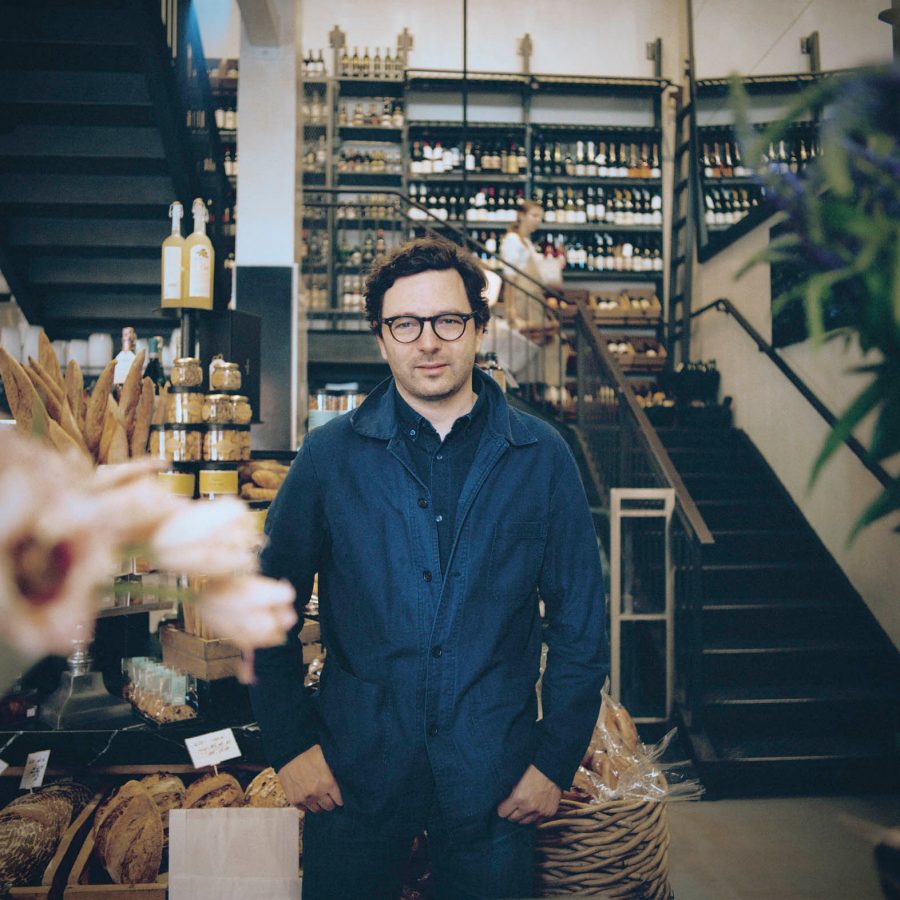
Credit: Michal Chelbin
Guy Yanai, artist
Guy was born in Haifa, Israel. The 40-year-old painter recently exhibited at Alon Segev Gallery, Gallery 33 and Rothschild 69 in Tel Aviv, as well as at galleries in Europe and the US.
Find Guy at: Delicatessen, 79-81 Yehuda, Halevi Street
The place for me is Delicatessen: a neighbourhood café and artisan food store on the border of central and southern Tel Aviv. It’s halfway between my flat and my studio, so almost every morning I visit for a coffee and breakfast of yoghurt, granola and fruit.
I’m usually inside, sat upstairs, probably at the worst table so that no-one will bother me. It’s this morning routine that improves the beginning of my day.
The windows at Delicatessen face east, so the light is nice and bright. The service is always good but not too good – it’s exactly the level of casual you want before work. On Saturdays, I take my two kids there early and they get a crêpe. It’s a perfect place to start the day in Tel Aviv.

Credit: Michal Chelbin
Nurit Ben, newsreader
Thirty-one-year-old Nurit is the anchor of news show Debrief with Nurit Ben on i24NEWS, an international 24-hour channel based in Tel Aviv.
Find Nurit at: Jaffa Port, Jaffa
Tel Aviv has no shortage of beach spots to watch a Mediterranean sunset, but Jaffa Port is among the most beautiful. It’s the location of our TV studios, but even when I’m not working, I’ll spend the afternoon getting lost in Old Jaffa – mostly in the Jaffa Flea Market, hunting for textiles, jewellery and antiques. Then I’ll make my way down to the water in time to see red-orange light settle above the rows of small boats lining the port. There isn’t much here – which is a good thing. I like to sit in The Container, a bar with live music, for a glass of wine; or find a quiet spot along the water. If I’m lucky, sunset will be accompanied by a guitar player relaxing on his houseboat nearby.
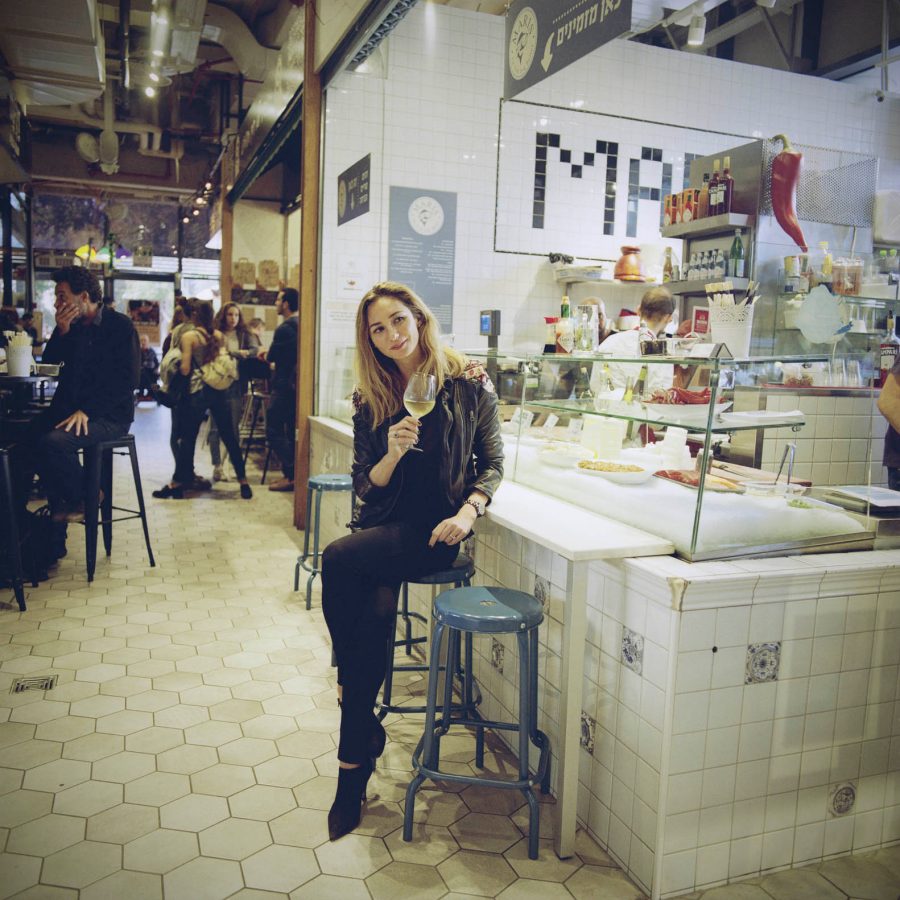
Credit: Michal Chelbin
Michal Ansky, food entrepreneur
Michal, 36, is a food entrepreneur, television presenter, author and judge on MasterChef Israel. She founded the farmers’ market at the Tel Aviv Port in 2007.
Find Michal at: Shuk Tzafon (North Market), 20 Raoul Wallenberg Street
Cycling through beautiful Hayarkon Park to Shuk Tzafon (North Market) is pretty special. I set up the market at the beginning of 2016 – it sells everything from Israeli street food such as shwarma to ice cream and chocolate. There’s even a kosher beer brewery.
On Thursday nights the whole place becomes a club – there’s drinking and dancing in the market, which is weird but so much fun. You can always find someone interesting to talk to, eat with or fall in love with here. I love places where you can have adventures without even trying. Shuk Tzafon has that Miami-meets-Berlin vibe that Tel Avivi love – it’s a hipster hangout that’s evolved organically, with food that everyone will love.
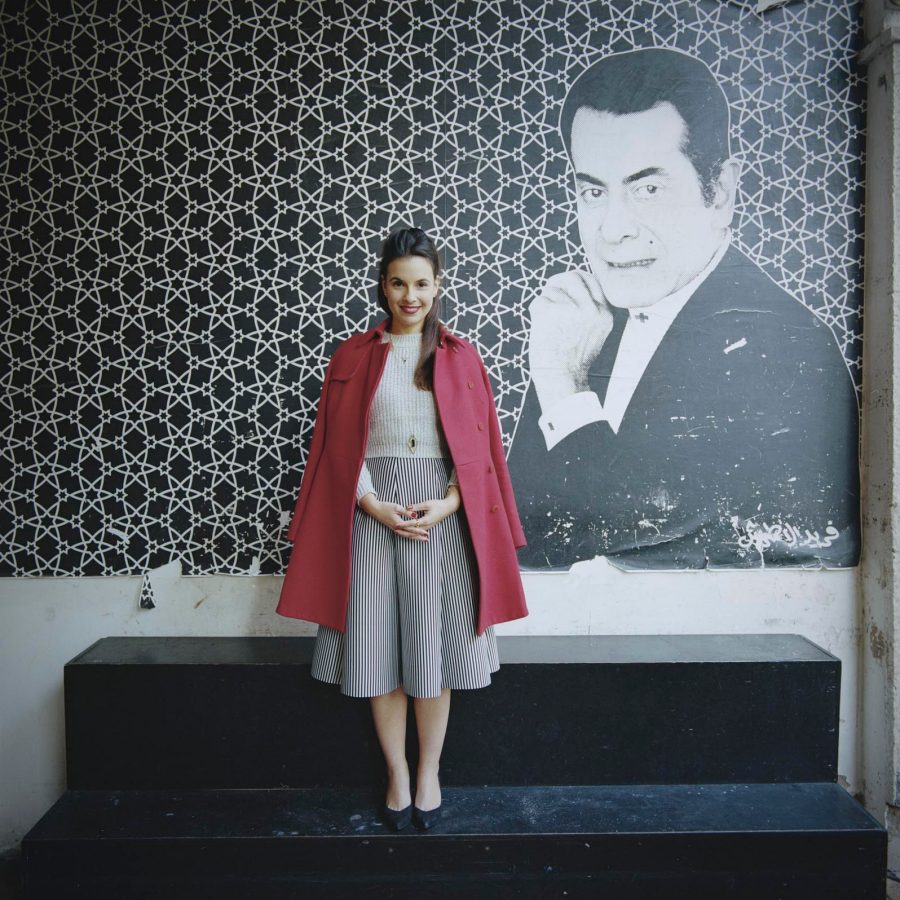
Credit: Michal Chelbin
Noa Rosin, food journalist
Thirty-year-old Noa is a former food critic for Time Out Tel Aviv. She posts on Instagram under the hashtag #EatGirlTLV.
Find Noa at: Port Said Restaurant, Har Sinai 5
When Israeli chef Eyal Shani opened Port Said in 2012, in an alleyway next to a synagogue on then-dilapidated Allenby Street, people thought he was crazy. By choosing this location, Shani created the most Tel Avivi experience possible, and he made Allenby Street a hotspot.
Port Said serves simple and delicious Middle Eastern fusion food. You can order minute steak, beef carpaccio, salads served with bread, sour cream and tomatoes – you’ll wonder how he makes such simple food taste so good. I love coming here with friends. We sit on the stairs or benches outside while DJs play old records from behind the bar. It’s the perfect destination in the city of eternal summer.
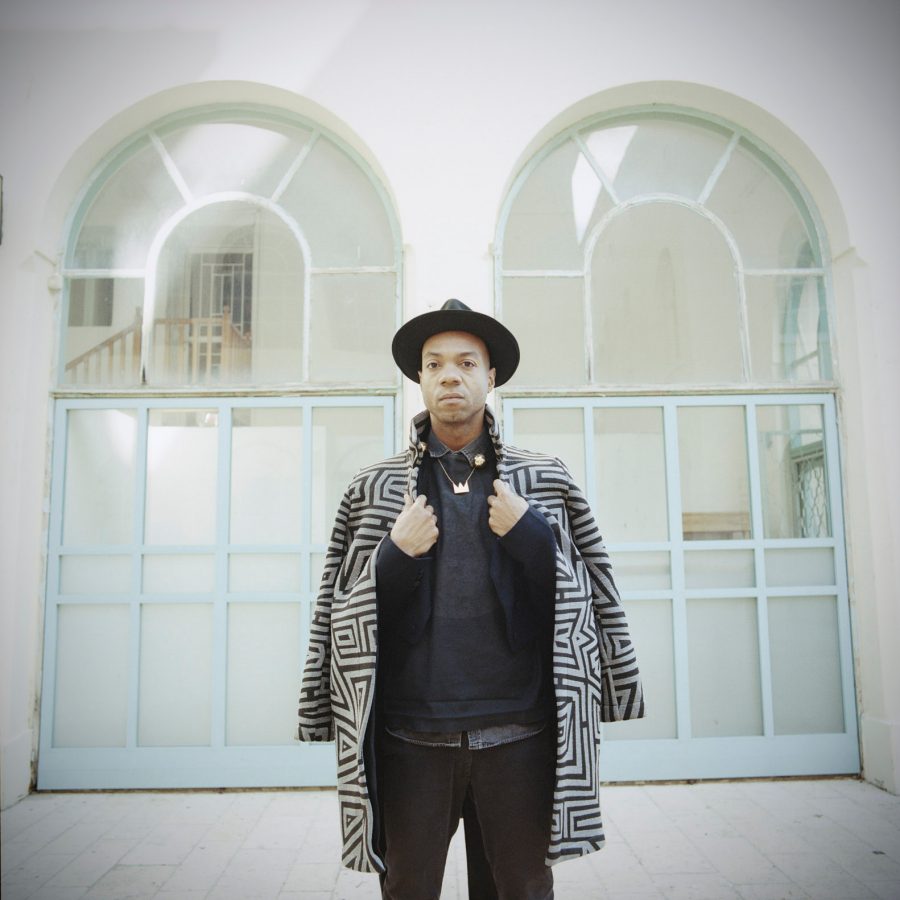
Credit: Michal Chelbin
Shamel Pitts, dancer
Shamel, 32, grew up in Brooklyn. He graduated from New York’s Juilliard school of performing arts before moving to Tel Aviv to join the Batsheva Dance Company, recently premiering his new solo show Blackbox in Tel Aviv and New York.
Find Shamel at: Suzanne Dellal Centre for Dance and Theatre, Yehieli Street 5
I’ve lived in Tel Aviv for seven years – and my favourite place is still the Suzanne Dellal Centre for Dance and Theatre. It’s in the district of Neve Tzedek, which was Tel Aviv’s first neighbourhood. The building itself is beautiful: there are palm trees, a water fountain and a tropical vibe outside. But inside is where the magic happens.
Home to Israel’s Batsheva Dance Company, the Suzanne Dellal Centre is where you can take classes in Gaga – an experimental form of dance created by legendary choreographer Ohad Naharin. I was in Naharin’s professional company until last July. Every day started with a Gaga class with 40 other dancers in a studio here.
There are 700 cultural events and public performances here each year and amid the vibrant energy of Tel Aviv it’s a place for dancers to experiment and play.
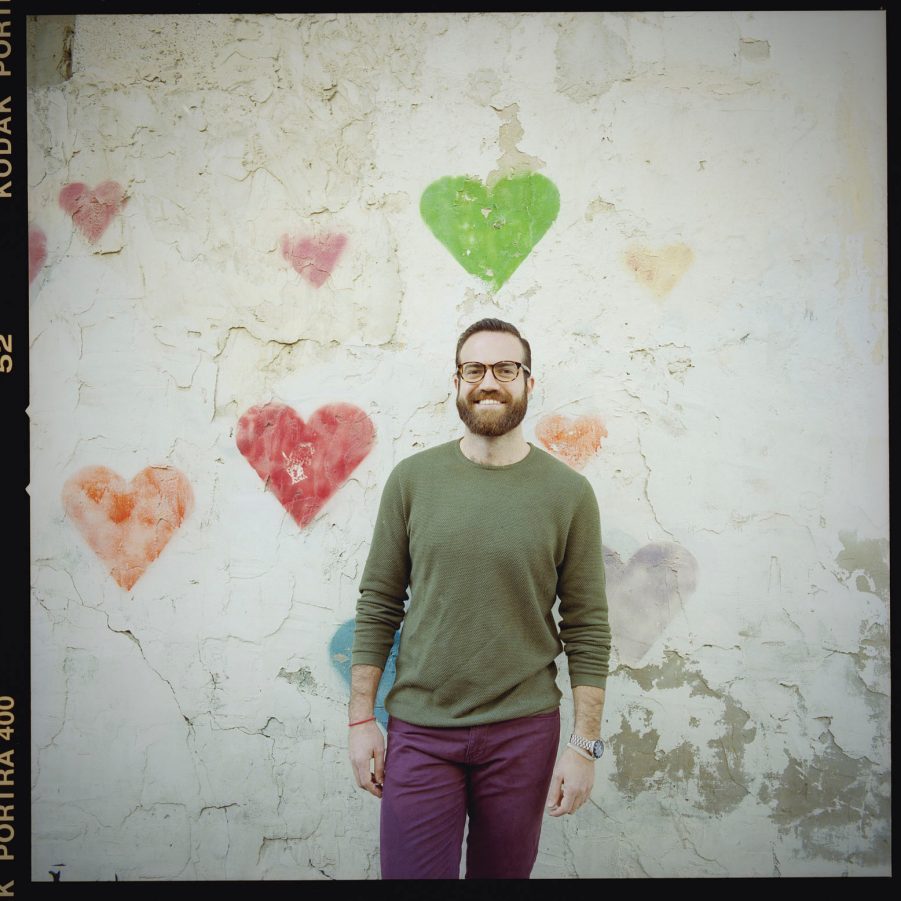
Credit: Michal Chelbin
Richard Jenkins, creative director
Richard, 31, is creative director of design agency Capri. Born in London, he emigrated to Israel in 2014 and now lives in central Tel Aviv.
Find Richard at: Kerem Hateimanim, Malan Street
There is something utterly Tel Avivi about a Friday morning in Kerem Hateimanim, the Yemenite Quarter, which was established in 1906 by Yemenite Jewish immigrants. On the edge of Carmel Market, where locals stock up on fresh fruit and vegetables, its grid-like streets are potted with family-run restaurants serving delicious home-cooked food. The flavours of Morocco, Tunisia, Iraq and Egypt can all be found here – as can those, of course, of Yemen.
I love tucking myself into a corner at Madame Julie’s, an Egyptian-Jewish restaurant, as Julie serves me a bowl of deep-green mulukhiyah, a soup made from jute leaves, which she makes from a generations-old recipe she brought with her from Alexandria. After that, I’ll head over to Beer Bazaar to catch up with friends over a few local beers. It’s the perfect start to a weekend.
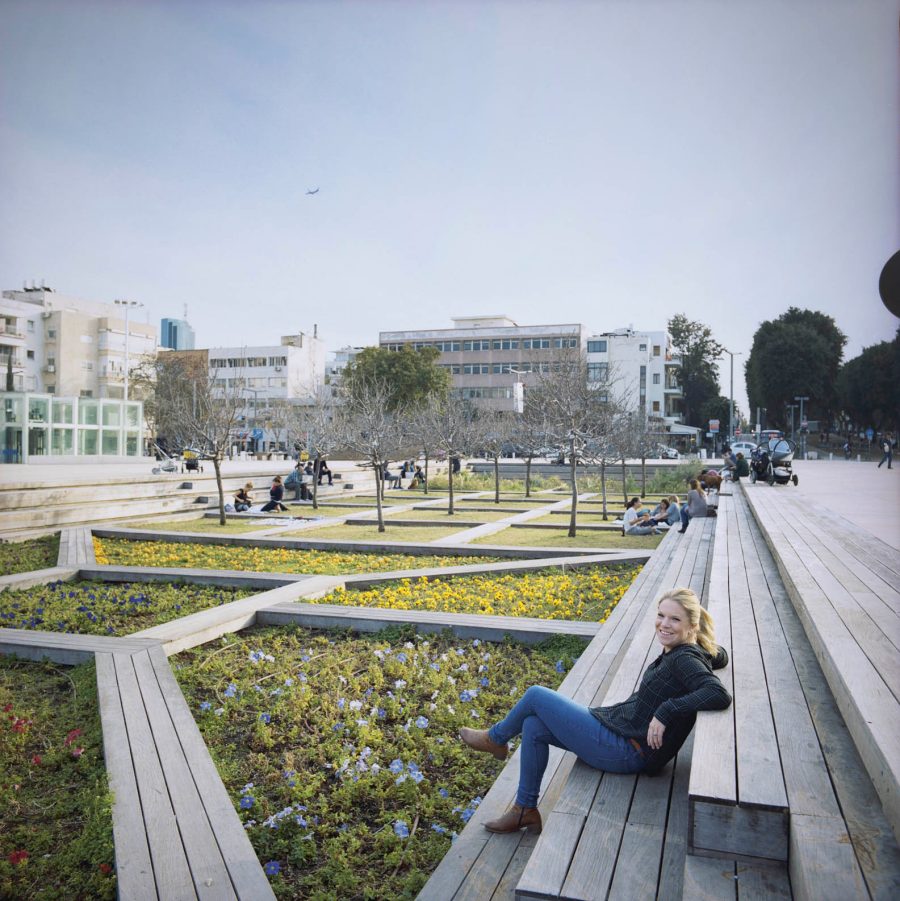
Credit: Michal Chelbin
Jordan Siegel, photographer
American documentary photographer Jordan, 25, has lived in Tel Aviv for 18 months, photographing asylum seekers living in Israel.
Find Jordan at: Habima Square, Dizengoff Street
Habima Square is my special place to unwind. Home to Habima, the national theatre of Israel, the square also features a colourful garden. You can forget where you are, sat there among the variety of different plants. It gives my mind a chance to escape the intense energy of Tel Aviv.
I like to sit on the grass, open a bottle of wine with friends and relax. At night, you can sometimes hear the sound of the orchestra floating into the air from the theatre. Habima Square is also close to some of the city’s best coffee shops and Rothschild Boulevard, one of the most beautiful tree-lined streets. I often go out with my camera and walk from Habima, all the way along Rothschild, photographing the street life and sights I pass by.
Hero image: Michal Chelbin
More inspiration
Tel Aviv travel information
- China – the Chinese Mainland, Hong Kong SAR, Macao SAR and Taiwan Region
- Hong Kong SAR - English
- Chinese Mainland (China) - English
- Taiwan, China - English
- 香港特別行政區 - 繁體中文
- 中国內地 - 简体中文
- 中國台灣 - 繁體中文
- Africa
- South Africa - English
- Asia
- Bangladesh - English
- Korea - English
- Singapore - English
- Cambodia - English
- 한��국 - 한국어
- Sri Lanka - English
- India - English
- Malaysia - English
- Thailand - English
- Indonesia - English
- Maldives - English
- ประเทศไทย - ภาษาไทย
- Indonesia - Bahasa Indonesia
- Myanmar - English
- Vietnam - English
- Japan - English
- Nepal - English
- Việt Nam - tiếng Việt
- 日本 - 日本語
- Philippines - English
- Australasia
- Australia - English
- New Zealand - English
